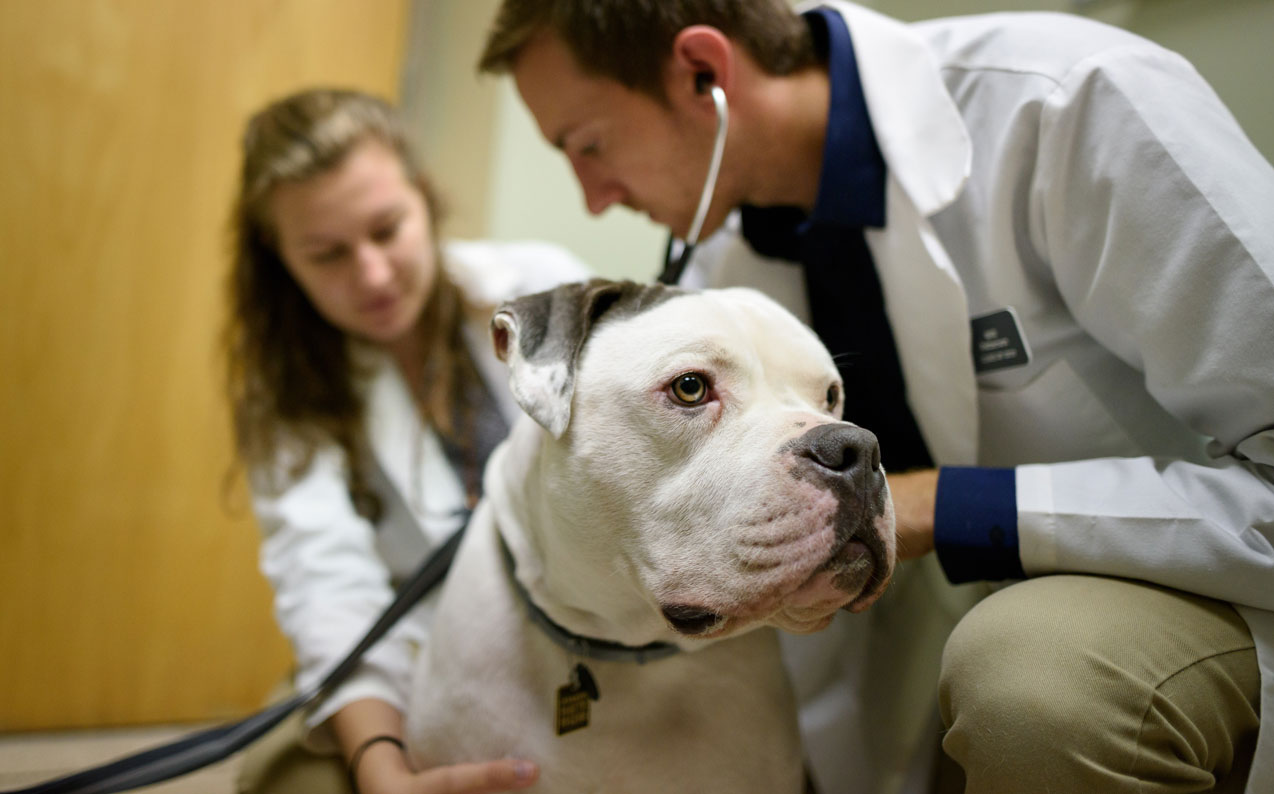If your dog has a heart or blood disorder, early diagnosis is vital. A healthy heart and circulation are essential to life. Treatment should include good home management and regular monitoring: surgery may be an option. Signs can include the followings:
Signs of a Problem
- Cough
- Labored breathing
- Blue gums and tongue
- Fatique and lethargy
- Poor exercise tolerance, tires easily
- Weight loss
- Reduced appetite and increased thirst
- Bloated abdomen
- Fainting
- In anemia: pale gums, or yellowing of gums and whites of eyes, fatique, black feces, blood in urine.
Congenital Heart Defect
Sometimes a puppy’s heart does not develop normally in the womb, leading to congenital defects (present from birth). One of the most common of such disorders is called patent ductus arteriosus (PDA). Before a puppy is born, its blood bypasses the lungs through a channel (called the ductus arteriosus) running between the pulmonary artery and the aorta.
In PDA, the channel does not close as it should soon after birth, and normal circulation is disrupted. The defect is heard through a stethoscope as a murmur, or blurring of the clear “lub-dub” sounds of a normal heartbeat.
PDA is confirmed with radiography, ultrasound scanning, and ECG; in most cases the problem can be surgically corrected.
Heart valve defects also give rise to murmurs. It is not always possible to correct such defects surgically, and congestive heart failure may develop later.
Congestive Heart Failure
In this  disorder, the heart fails to pump efficiently. A common cause of congestive heart failure in old dogs is a diseased heart valve. Your vet may detect a murmur before a problem becomes apparent, and might not happen in your dog’s lifetime.
disorder, the heart fails to pump efficiently. A common cause of congestive heart failure in old dogs is a diseased heart valve. Your vet may detect a murmur before a problem becomes apparent, and might not happen in your dog’s lifetime.
Early signs of congestive heart failure are typically a reduced ability to exercise, with panting and breathlessness. In the later stages, a cough develops, often at night and early in the morning, and the dog loses weight and has a reduced appetite but an increased thirst.
His abdomen may swell with fluid, making him look pot-bellied. Diagnostic tests for congestive heart failure include ultrasound scan, X-rays, ECG, and blood tests.
Treatment includes drugs, a prescription diet, and weight management, and surgery for an underlying cause may be possible.
Dilated Cardiomyopathy
This condition especially affects Boxers, Dobermans, and Great Danes. The heart is unable to contract properly and there may be a disordered heart rhythm, resulting in weakness, difficulty breathing, a cough, fainting, loss of appetite, and weight loss.
X-rays, ultrasound scan, and ECG confirm the diagnosis. Treatment is aimed at improving quality of life, since the outlook is, sadly, poor.
Blood Disorders
Dogs can be affected by various blood abnormalities, one of the most common of which is anemia. In this condition, the blood has a reduced oxygen-carrying capacity because of either insufficient red blood cells or a low concentration of the oxygen-carrying pigment hemoglobin.
Types of anemia include an immune system disorder called immune-mediated hemolytic anemia, and iron-deficiency anemia, which could be caused, for example, by bleeding from a stomach ulcer, and is indicated by a dog passing dark feces. Treatment of anemia depends on the underlying cause.
Clotting disorders are often inherited, but can be an effect of eating rat poison.
Caring for a Dog With Heart Condition
The key to caring for a dog with a heart condition is to let him take life at his own pace, avoiding undue stress—which may mean leading a quieter life yourself. Exercise should be short and gentle, perhaps in the yard, so that he can stop and rest when he wants.
He will need to avoid weight gain, which will put additional stress on his heart. Your vet may recommend a specific prescription diet for dogs with heart disease.

